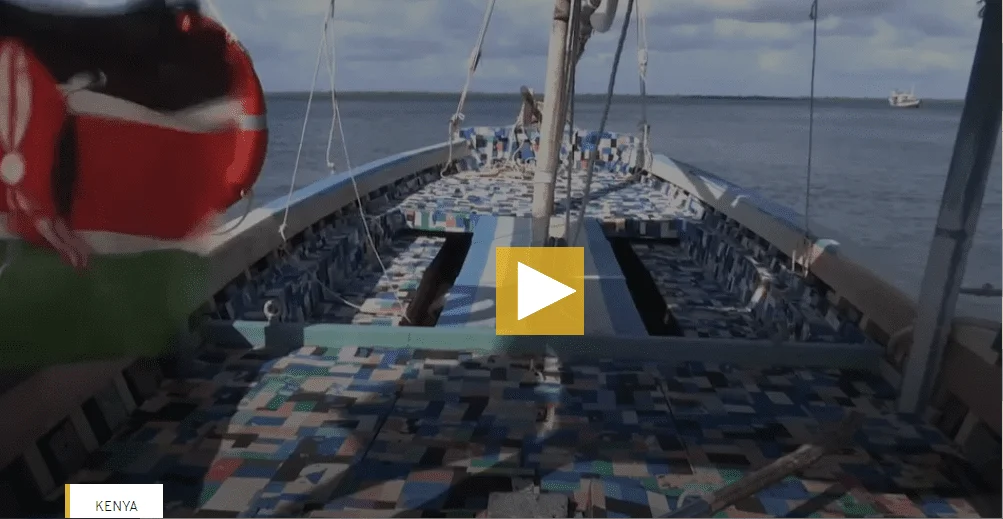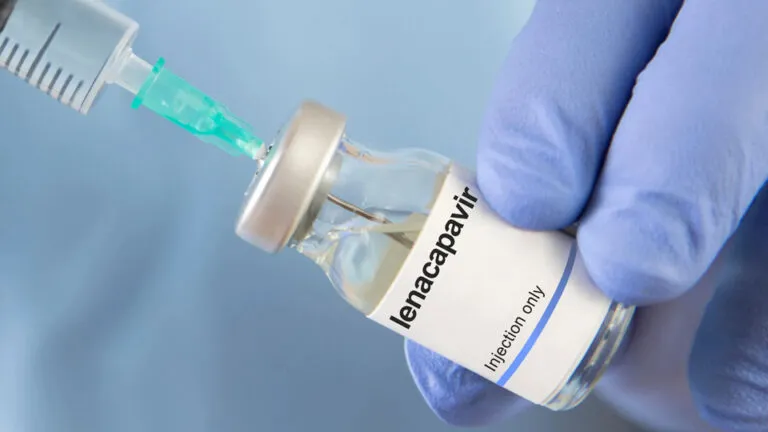On Lamu Island, located off Kenya’s east coast, 47-year-old Usmail is making a difference by collecting plastic waste. He sells this plastic to the Flipflopi Project, a non-governmental organization (NGO) established in 2016 that transforms waste into boats and furniture.
Lamu faces a significant problem with plastic waste. Much of it comes from the sea, while other waste is produced by the island’s residents.
“We began collecting plastics a while ago,” Usmail explains. “There used to be a lot of plastic waste in Lamu.
We gather the waste and sell it to the organization for Ksh16 per kilogram, which is about 16 cents in dollars.
We don’t have jobs, so this is how we earn money to educate our children and support our families.”
The Flipflopi Project receives funding from other NGOs, allowing them to buy plastic waste from local collectors.
Ali Skanda, a co-founder of the project, shares how their process works. “We go into the community and, with our grants, we purchase the plastic from them.
Our transport agents then bring the plastic to our facility. After we collect it, we pre-sort the materials. Our sorters categorize the plastic by type and color.
Once sorted, we send the plastic to the shredding area where it is broken down into small flakes. Then, we create various shapes of lumber, like round and square pieces of wood. From these colorful pieces, we make furniture.”
In addition to creating products, the NGO also researches new ways to handle plastic waste. Skanda acknowledges that recycling comes with its own challenges.
He explains that some manufacturers are adding chemicals to plastics, making them harder to recycle. Additionally, exposure to sunlight can degrade some plastics, lowering their quality.
While nearly all plastic can be recycled, items made from different types of plastic or those contaminated by other substances are much more difficult to process.
Since 2019, the Flipflopi Project has been sailing the Flipflopi, which is considered the world’s first recycled plastic sailing dhow. This unique boat has traveled from the Indian Ocean to Lake Victoria, and two additional boats have been launched since then.
Through these efforts, Usmail and the Flipflopi Project are turning plastic waste into valuable resources, helping the environment and providing income for local families.




















